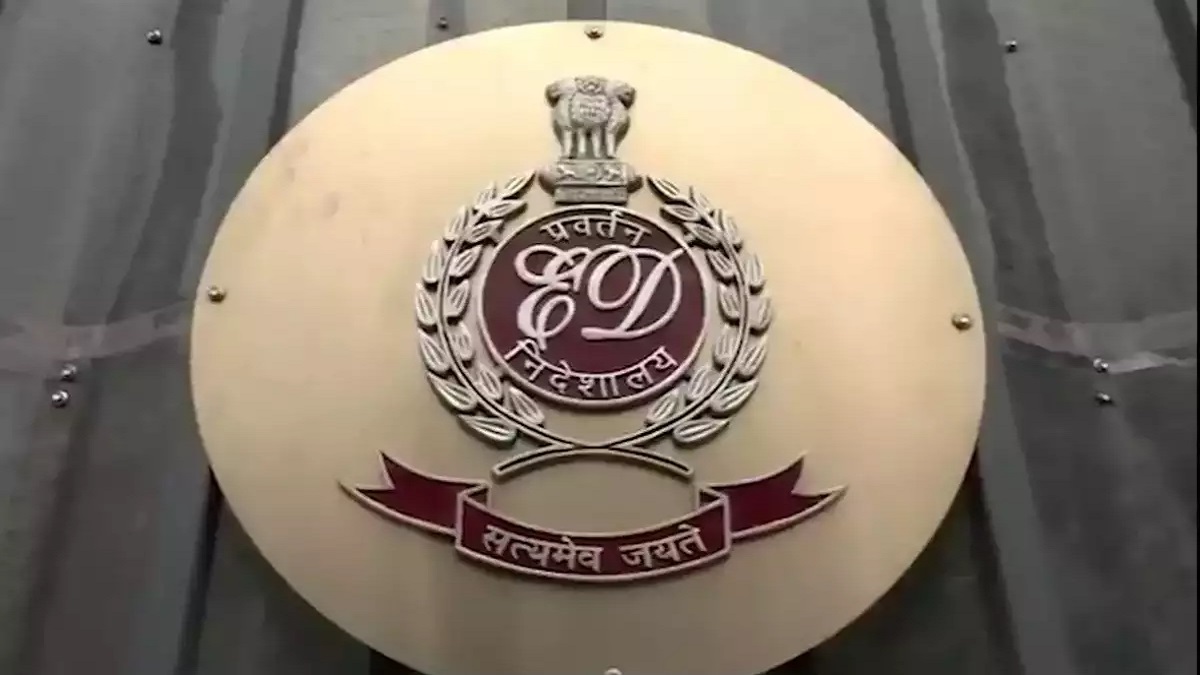Enforcement Directorate functions, powers and procedure to appoint ED Director: All you need to know
Enforcement Directorate (ED) has been in the news ever since BJP came to power. ED raids saw an unprecedented rise across the nation. It also faces biased allegations from the Opposition camp. However, the government praises it to curb economic crime and break the terror fund network in the country.

The Central probe agency Enforcement Directorate (ED), perhaps would be one of the most 'talked about' topics in the last few years owing to an unprecedented rise in its raids and actions against alleged corrupt people, including some top politicians. The ED remains in the news not only for its raids aiming elimination of money laundering networks but also for questioning heavyweight politicians. The ED created political outrage after it questioned former Congress president- Rahul Gandhi and his mother Sonia Gandhi. Meanwhile, the latest row that developed around the probe agency is the appointment of the ED director as the Supreme Court on Tuesday overturned the Central government's decision to grant ED director Sanjay Kumar Mishra a third extension. The apex court gave Mishra until July 31 to resign. The extension order was deemed "illegal" by the SC.
Undoubtedly, ED plays a key role to curb corruption and keep wrong financial practices in check. Let's examine the important aspects of the probe agency.
ED Director appointment
Currently, the ED Director is appointed under Section 25 of the CVC Act, 2003. The Central Government appoints a Director of Enforcement in the Directorate of Enforcement in the Ministry of Finance on the recommendation of a selection committee. The committee is consisting of the CVC Chairperson, Secretaries to the Ministry of Home Affairs, the Ministry of Personnel and the Ministry of Finance in the Central Government.
Supreme Court's role
Supreme Court, in any case, certifies the revisions in the DSPE and CVC Act, providing the Centre the ability to broaden the tenure of a CBI chief and ED chief by a potential 3 years past their compulsory two-year term.
ED's duty
The probe agency is responsible for the enforcement of FEMA (Foreign Exchange Management Act, 1999) and PMLA (Prevention of Money Laundering Act, 2002) and for fighting economic crimes.
These laws empower ED
ED mainly functions under these major laws- Foreign Exchange Management Act, 1999 (FEMA), Prevention Of Money Laundering Act, 2002 (PMLA) and Fugitive Economic Offenders Act, 2018 (FEOA), Conservation of Foreign Exchange and Prevention of Smuggling Activities Act, 1974 (COFEPOSA).
Performance and criticism
According to data presented in the Parliament in July 2022, only 23 people have been convicted in 5,422 cases registered under the Prevention of Money Laundering Act (PMLA) in the 17 years after the law was passed. The conviction rate of less than 0.5% drew criticism against the criticism. Citing the law conviction rate, several Opposition leaders questioned the credibility of the ED's actions.
SC gives relief to ED on biased allegations
In April 2023, the SC bench of Chief Justice D Y Chandrachud and J B Pardiwala gave a big relief to the ED by refusing to entertain a petition filed by 14 political parties on alleged misuse of central agencies like the CBI and the ED.